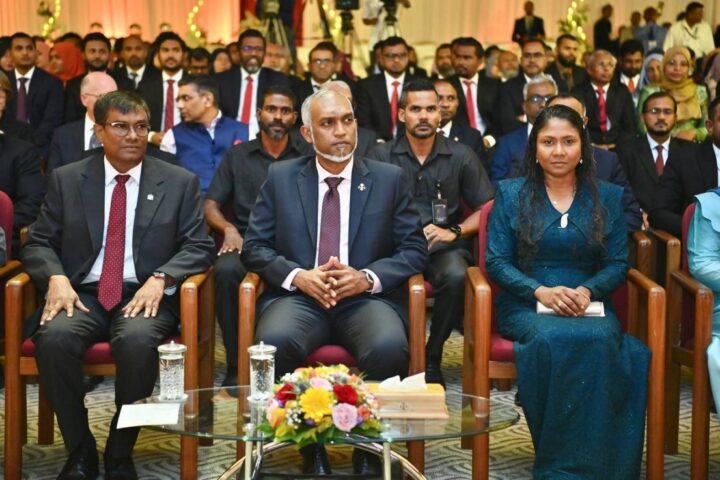In a significant legal development, the Supreme Court has annulled an order mandating the payment of over MVR 1 million in compensation to the former Permanent Secretary of the Islamic Ministry. The apex court’s ruling comes following a protracted legal battle that saw the High Court awarding compensation to Mr. Mus’ab, who had been dismissed in 2019 under contentious circumstances investigated by the Civil Service Commission (CSC).
The High Court’s initial decision mandated the payment of MVR 1.1 million, asserting that Mus’ab’s dismissal was unlawful. However, the CSC, dissatisfied with the verdict, pursued an appeal to the Supreme Court, where the legal landscape took a different turn.
The Supreme Court ruled that Mus’ab’s termination was rooted in his act of disseminating an official government document on Twitter. Nevertheless, the CSC fell short in substantiating the document’s confidential nature.
Renowned legal expert Azima Shakoor weighed in on the matter, emphasizing that compensation is inherently a governance issue and not within the purview of the judiciary. According to Shakoor, any compensation that runs afoul of the Public Finance Act cannot be sanctioned.
The Supreme Court, while affirming the illegality of Mus’ab’s dismissal, underscored that the act of posting the government document did not constitute a justifiable cause for termination—an extreme measure under the law.
The court’s judgment dissected the intricacies of the case, highlighting that the withdrawal of the MVR 1.1 million compensation was not in alignment with the legal framework. The judgment illuminated that Mus’ab’s initial compensation claim surfaced during the High Court proceedings, underscoring the irregularity in its subsequent withdrawal.
Shakoor underscored the atypical nature of the High Court entertaining new issues not addressed in the trial court, citing historical precedents.
In the Supreme Court, the case was presided over by Justice Aisha Shujoon Mohammed, Justice Dr. Azmiralda Zahir, and Justice Mahaz Ali Zahir, with Justice Shujoon serving as the presiding judge.
This legal saga, traversing through the echelons of the Maldivian judicial system, brings to the forefront the delicate interplay between governance matters, judicial prerogatives, and the stringent legal standards governing compensatory measures. The nuanced judgment serves as a legal compass, shedding light on the intricacies surrounding dismissals and compensation in the Maldivian legal landscape.














